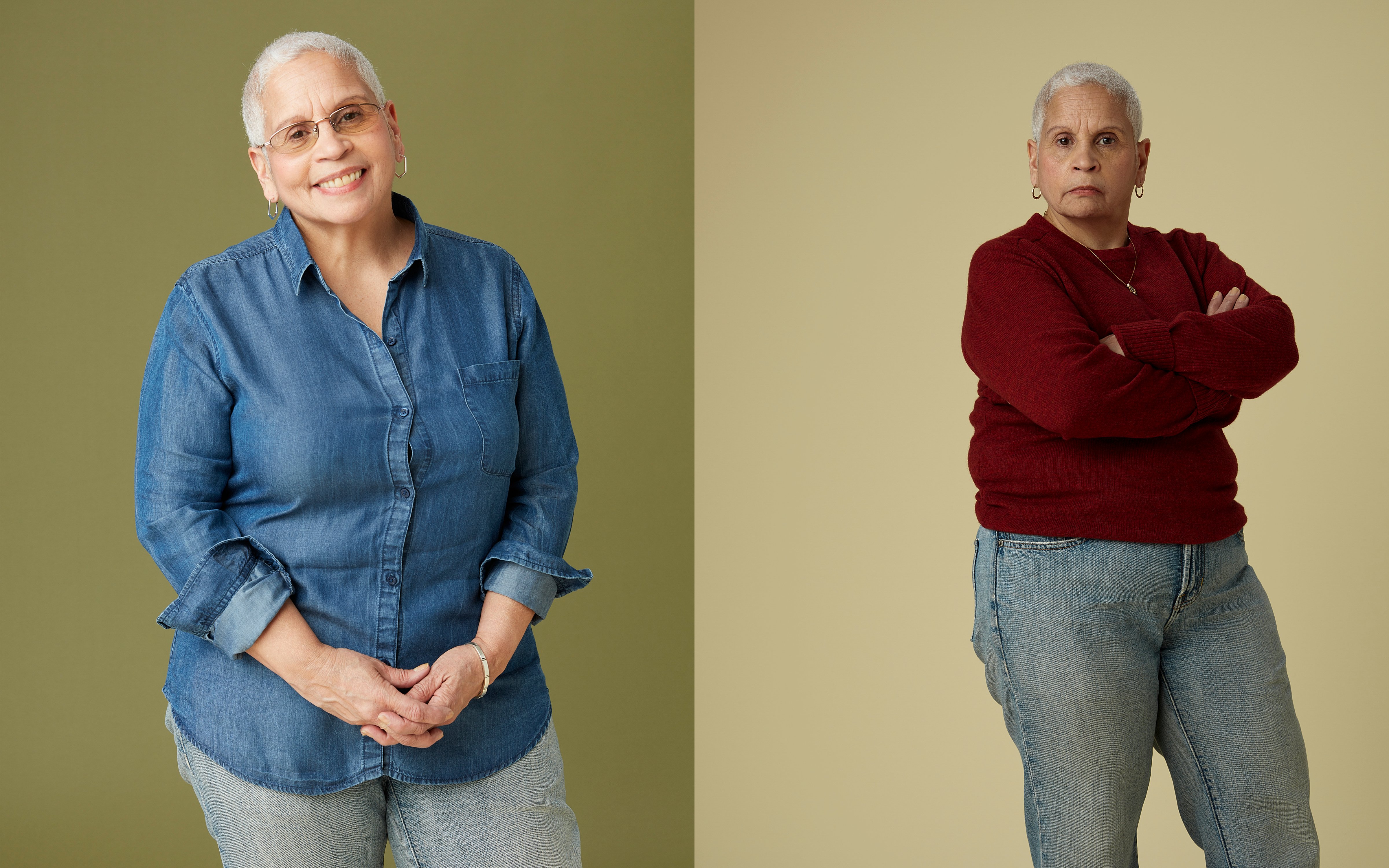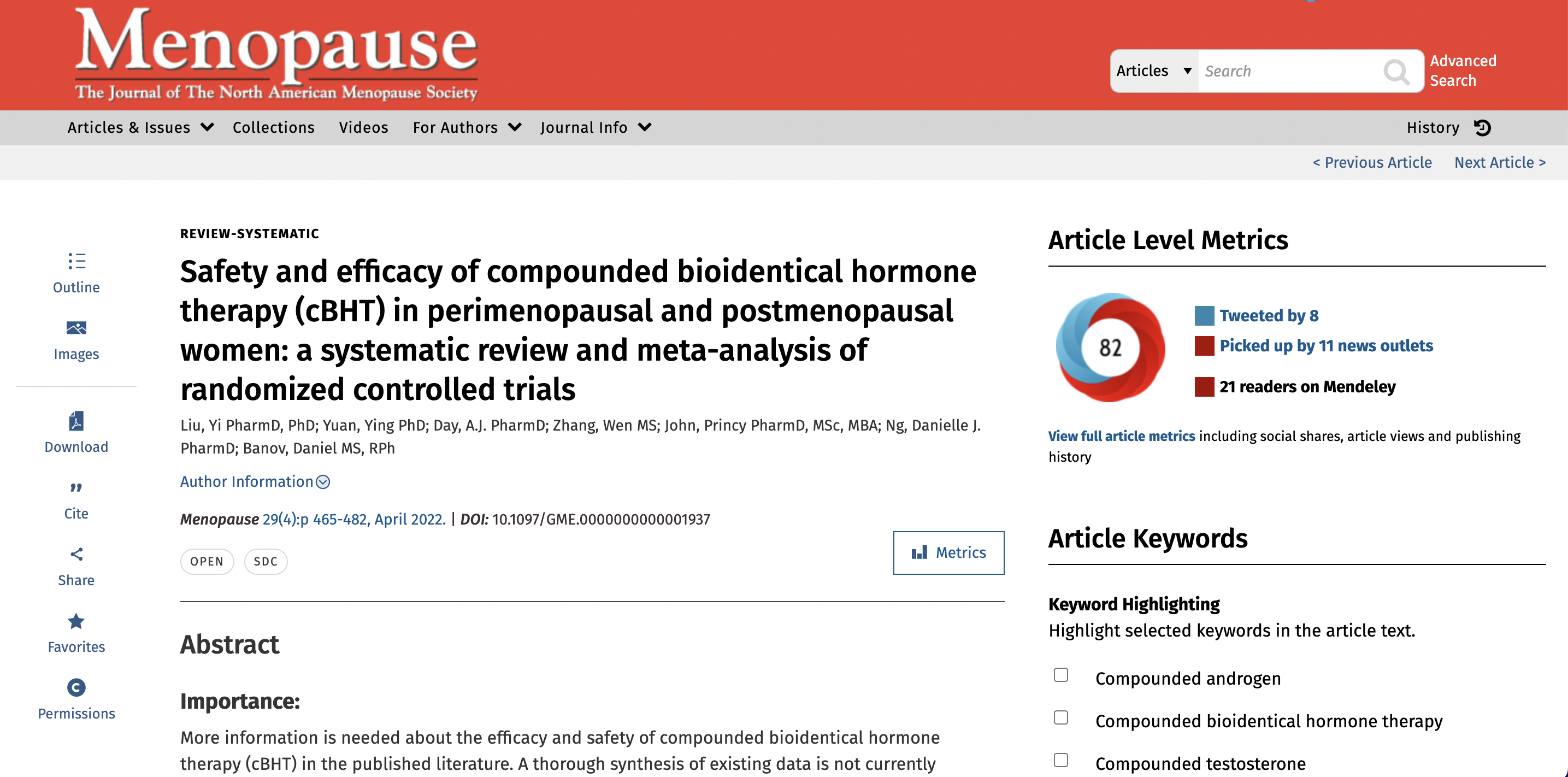
The NASEM report leans heavily on discussions of manufacturing processes and large-scale clinical testing procedures. It suggests that compounders adhere to the same rules and standards required of drug manufacturers — a practical impossibility that even the Supreme Court has recognized.
In writing its report, the NASEM committee avoids, almost willfully, any discussion of the patients and the often debilitating effects that hormonal imbalance has had on their lives. Nowhere does it consider the first-hand experience of patients (or their physicians and pharmacists) who rely on this essential therapy. The report dismisses, almost out of hand, the idea that compounded hormones help millions of people live normally.
Since July 2020, we have collected thousands of stories from actual patients patients, physicians and pharmacists who rely on compounded hormones. Listen to their first-hand stories and you begin to understand how important this issue is. Not everyone experiences hormonal imbalances the same. For some it's an inconvenience. For many, it's life-altering. Untreated, it destroys peoples lives, disrupts careers and ruins marriages.
The thousands of stories we've collected are a small sample of the millions of people who rely on compounded hormones. These are people for whom FDA-approved, manufactured hormones are not suitable. Compounded hormones are not an alternative therapy — they are the only option.
Listen to their stories. Understand their experiences. No other argument is more compelling.
"When I turned 40, my body started going into menopause. Compounded hormone replacement therapy completely changed my life for the good. It stopped the negative effects of menopause in their tracks. No more hot flashes, no brain fog, no weight gain. My sex drive increased, and so did my energy. No more dry vagina or painful sex. Then my insurance stopped covering my treatments. Jump forward 7 years, menopause has hit full on. My symptoms were so bad I could barely function. My insurance would only cover crappy one-size-fits all HRT. After 2 months on an estrogen patch, doctors discovered a giant cyst in my right ovary. I immediately had to stop treatment. With no other options available, the inability to even have sex destroyed my marriage."
—Melissa F., Richland, Washington
Source Material
The foundation of this website is an independent analysis of the original NASEM report, The Panel Put Policy-Making Before Patient Need, written and published by The Berkeley Research Group. You can download the analysis here.





